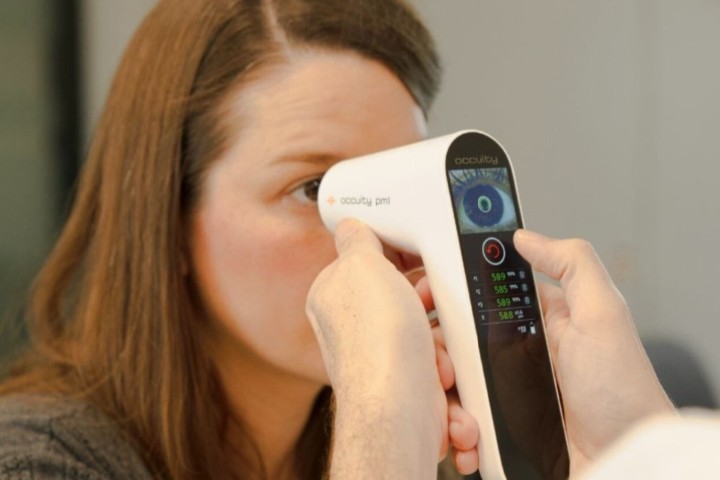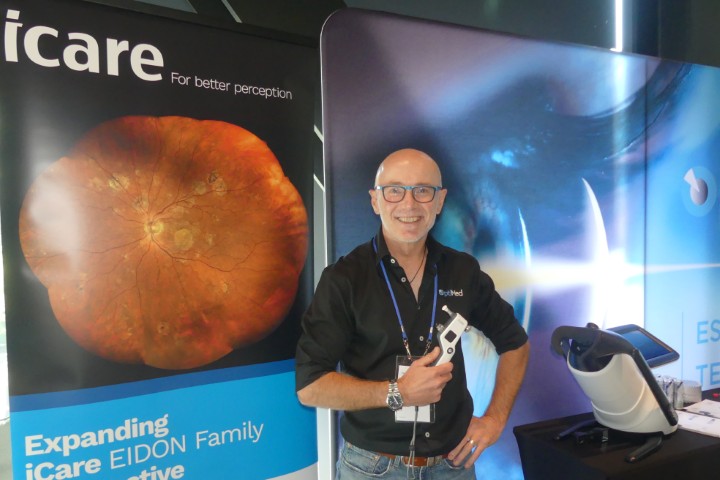Implant tackles GA
A small US trial of a sustained-release intravitreous implant found geographic atrophy (GA) lesion growth was two-thirds less in treated eyes compared to controls over three months.
Inflammasome Therapeutics’ novel dual inflammasome inhibitor Kamuvudine-8 (K8) was implanted into one eye in each of five patients with bilateral GA. At three months there was a mean reduction in GA lesion growth of 66% compared to the untreated contralateral eyes with GA, as measured by fundus autofluorescence (FAF) imaging, said the company. In all patients, the GA lesions progressed at a much slower rate in the K8-treated eyes compared to the contralateral eyes and no drug-related intraocular or systemic safety issues were identified.
Such a rapid and dramatic reduction of GA lesion growth following a single injection is exciting, said Dr Jayakrishna Ambati, Inflammasome Therapeutics’ co-founder. “Remarkably, lesion growth was reduced irrespective of the FAF pattern, whether the lesions were fast- or slow-growing, location or duration of disease, or type of age-related macular degeneration drusen, demonstrating the broad-based action of K8,” he said.
The initial five patients will receive a second K8 injection at month three of this six-month trial, which has now been expanded to 30 patients (60 eyes).
The company is also exploring the potential application of its other Kamuvudines in neuro-inflammatory diseases such as amyotrophic lateral sclerosis (also known as motor neurone disease), Parkinson’s disease, Alzheimer’s disease and multiple sclerosis. “Preclinical data show impressive efficacy of Kamuvudine-9 (K9) in multiple neurodegeneration models,” said Dr Ambati. Oral K9 is currently being tested in a clinical trial in subjects with thyroid eye disease, said the company.


























